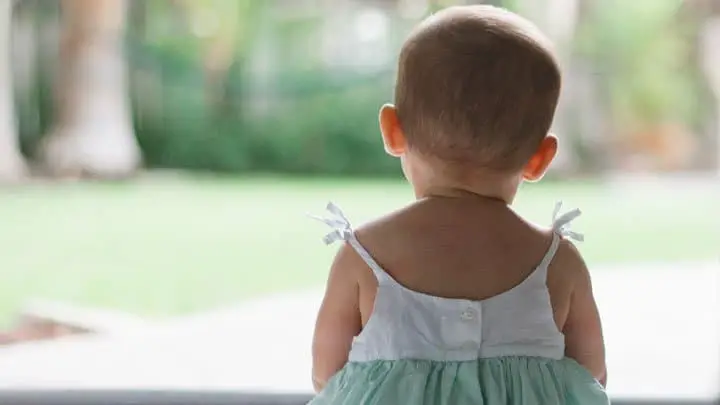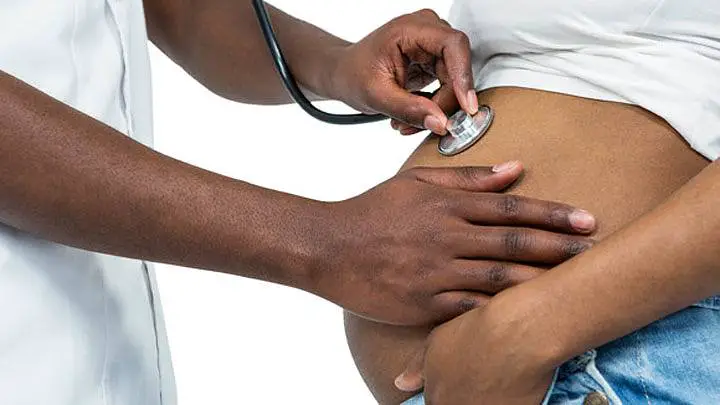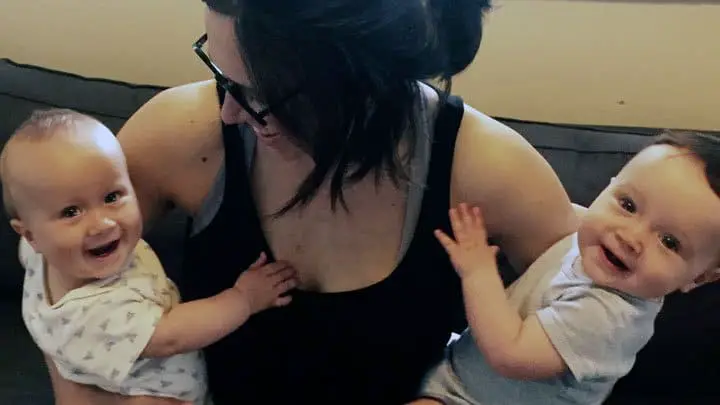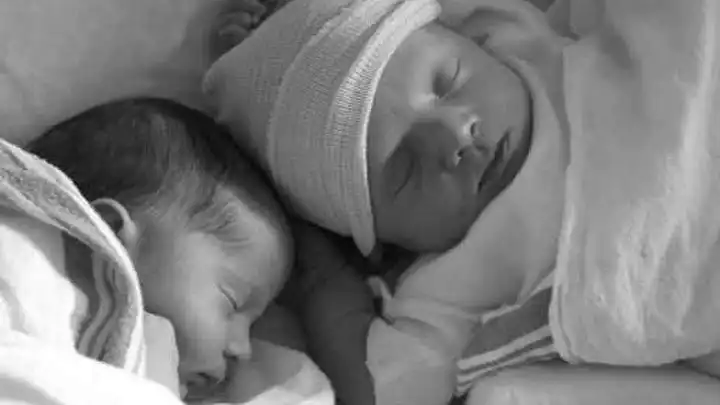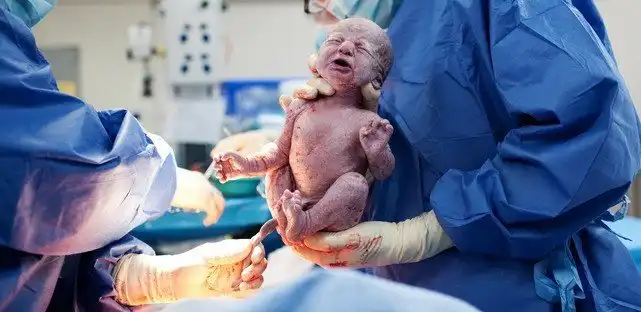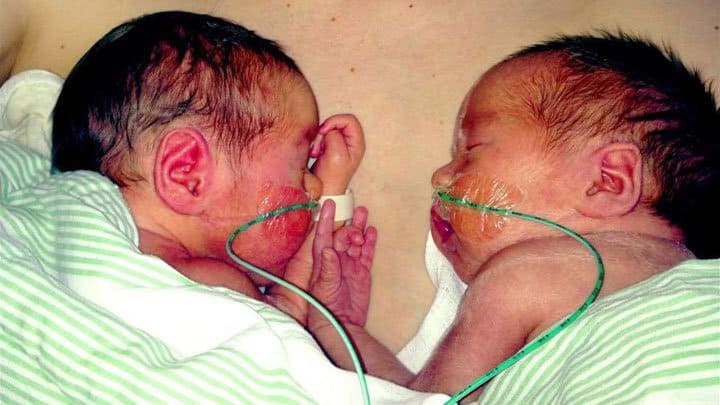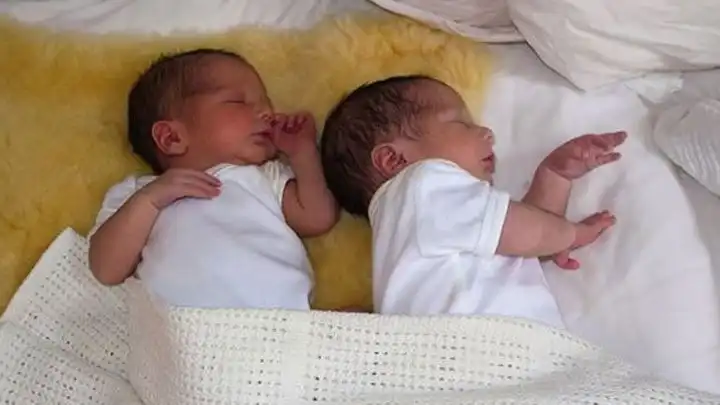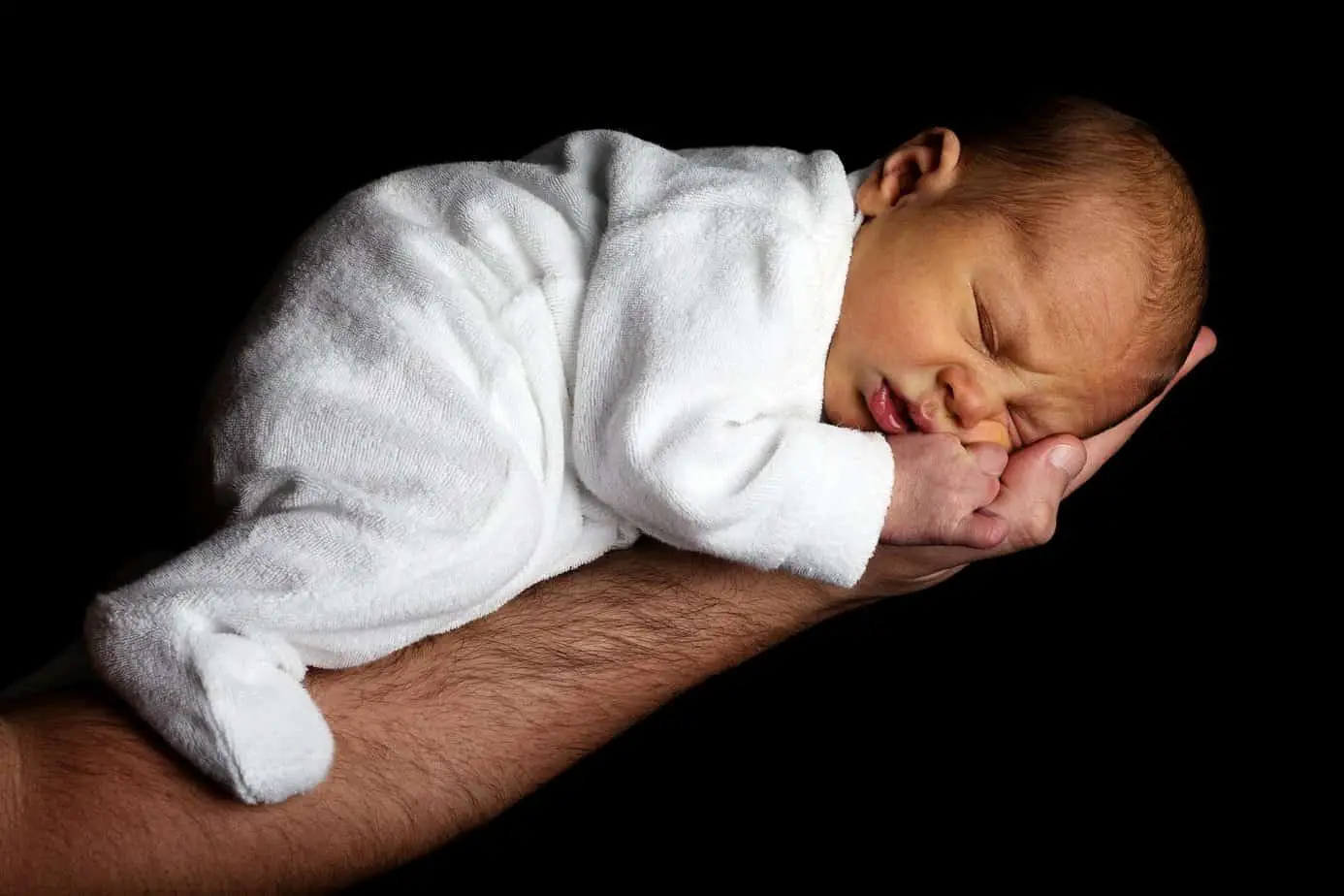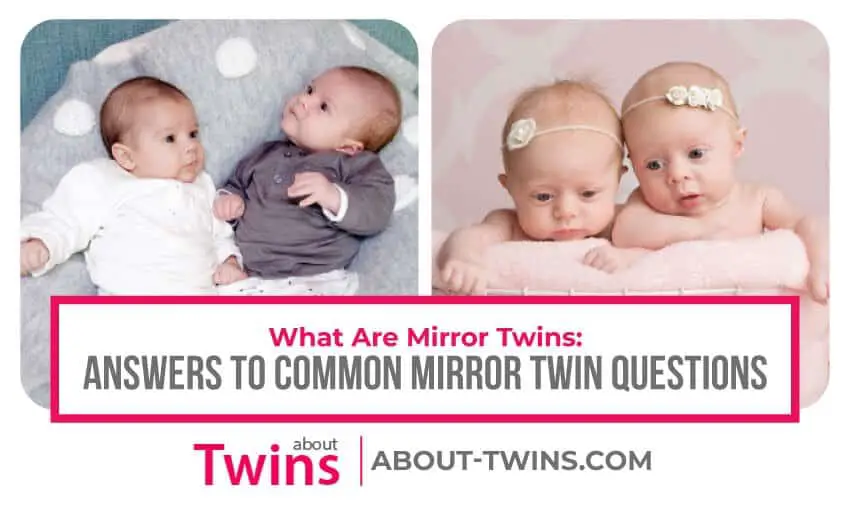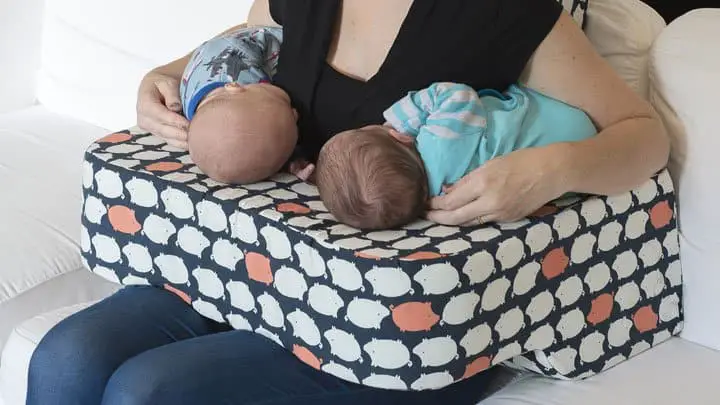36 Weeks Pregnant With Twins: Signs of Labor, Symptoms & What to Expect
If you’re 36 weeks pregnant with identical twins that share a placenta – called monochorionic twins – your doctor may be talking about inducing labor soon. Doctors don’t necessarily agree on when twins should be delivered.
In monochorionic twin pregnancies, recommendations range from 34 up to 38 weeks. In dichorionic twin pregnancies, it’s from 37+0 up to 39 weeks. Dichorionic twins are fraternal twins and identical twins with separate placentas and sacs.
Read more about the recommendations for the timing of delivery.
Pregnancy diet, exercise & prenatal vitamins
You need to take an iron supplement. You must continue taking the supplement until a few weeks after birth if you lose a lot of blood during labor.
Get as much rest as you can. Your body needs to be rested for the arrival of your two bundles of joy.
Signs of labor at 36 weeks pregnant with twins
There are a few early signs of labor. These include bloody show, minor vaginal bleeding, contractions, abdominal pressure and breaking of water.
The tricky part is that women pregnant with twins can have contractions and feel pelvic pressure for months before their actual due date without going into premature labor.
Braxton hicks contractions are your body’s way of preparing for labor and not a sign of labor. However, if the contractions have a regular, consistent pattern and are increasing in duration and strength, they could be labor contractions.
If you give birth when you’re 36 weeks pregnant with twins, the babies will often leave the hospital with you. They won’t have to stay in the Neonatal Intensive Care Unit (NICU).
Pregnancy symptoms & belly pictures
You may feel big and uncomfortable at this point. Some women feel miserable and have a strong wish to give birth as soon as possible. Other symptoms at 36 weeks pregnant with twins are:
- Lower back pain. This can be due to the added weight. Some women also feel contractions in their lower back. Note whether or not the pain is constant or if it’s increasing in duration and strength.
- Diarrhea. It could be a sign that labor is near, but it can also be caused by hormonal changes or because you’re more sensitive to particular foods. It’s important to stay hydrated if you have diarrhea.
- It might feel like there’s no room left in your stomach. It’s difficult to eat a full meal. Try eating smaller meals more often. Bring snacks with you when you go out. You can also try eating less solid food. Drink fruit or vegetable smoothies and add milk or yogurt. This may make you feel less stuffed.
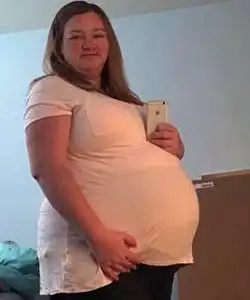
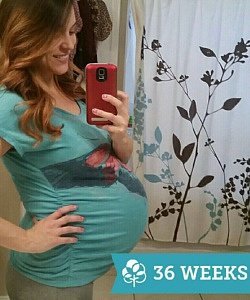
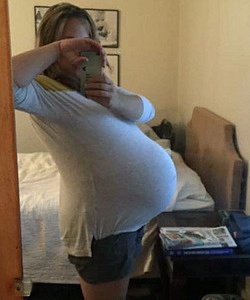
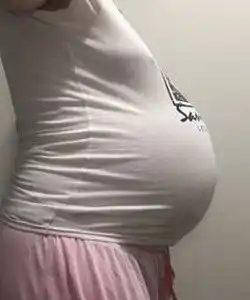
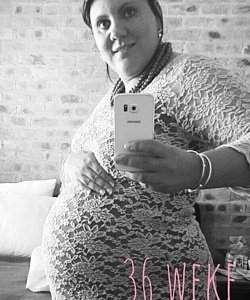
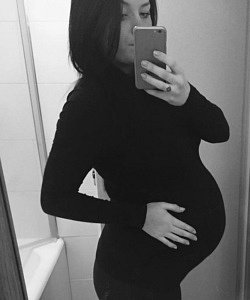
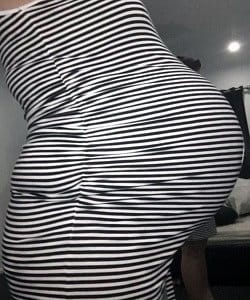
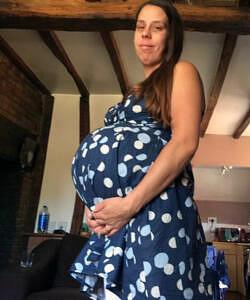
Fetal development & baby weight
Your babies measure approximately 47 centimeters (18.50 inches). The median weight for dichorionic twins is 2691 grams (5lbs, 14oz) and for monochorionic twins it’s 2561 grams (5lbs, 10oz).
Look at our estimated fetal weight charts to learn more about how twins grow in the second half of pregnancy.
Most babies have mature lungs by now. This means that your babies won’t need special help breathing if they’re born at 36 weeks. However, since babies develop at different rates, there are exceptions to this.
At 36 weeks pregnant with twins, the fine lanugo hair that covers your baby’s skin in the womb is beginning to disappear. This also happens with the vernix caseosa—the thick, waxy substance, that protects the skin of your babies while they’re surrounded by amniotic fluid.
When you babies drink they continuously swallow a bit of lanugo, vernix caseosa, and amniotic fluid. These will all combine to form a substance called meconium.
Meconium & green amniotic fluid
Meconium will constitute your baby’s first bowel movements when they’re born. Meconium often has a dark-greenish color. It’s viscous and sticky like tar and almost odorless. Sometimes it’s expelled into the amniotic fluid prior to birth or during labor and delivery.
Babies are not supposed to have their first bowel movements in the womb, it can be a sign of distress. If this happens, the amniotic fluid will turn green. If your water breaks and you notice that your amniotic fluid is green, you must react immediately.
Notify the medical staff and go to the hospital at once.
Previous week – 35 weeks pregnant with twins
Next week – 37 weeks pregnant with twins
